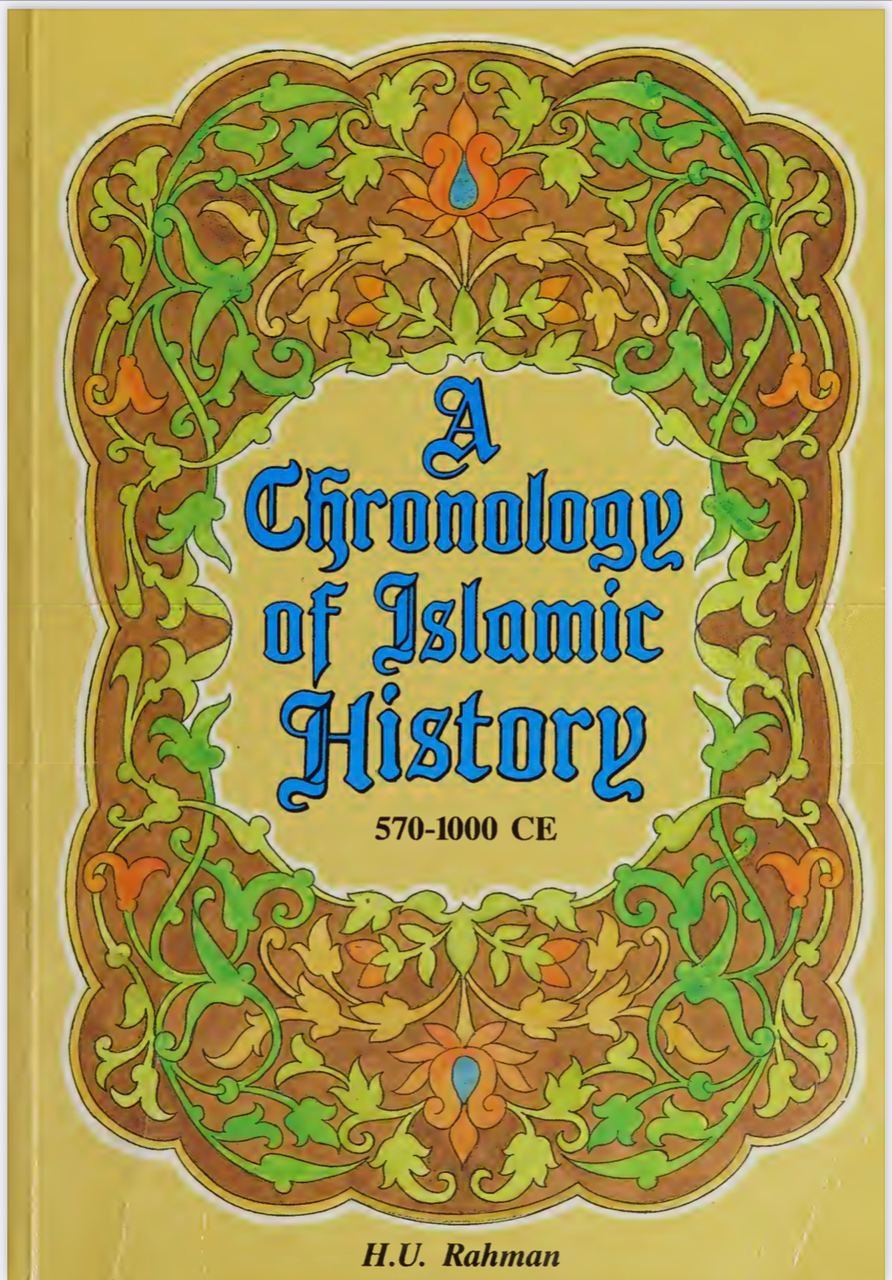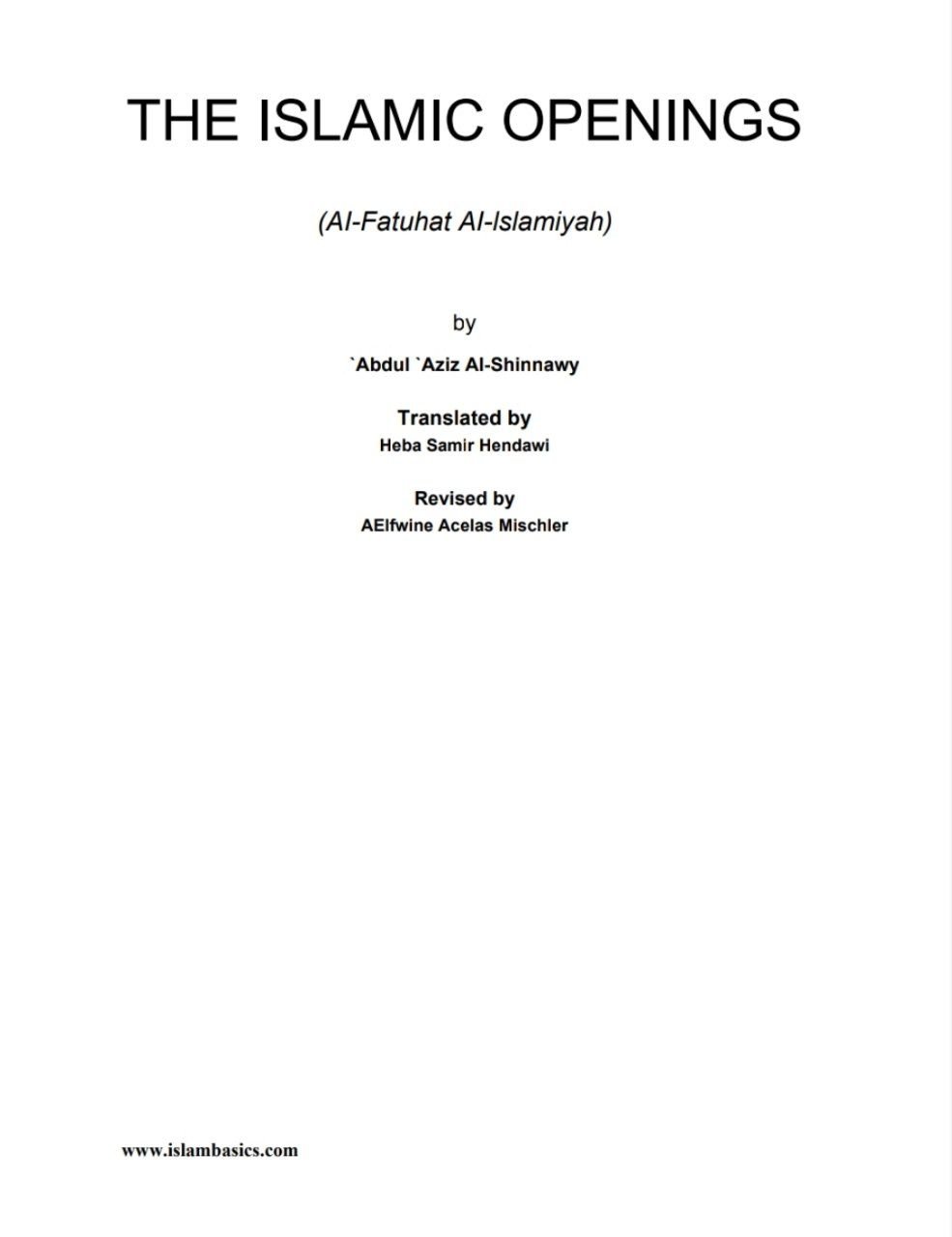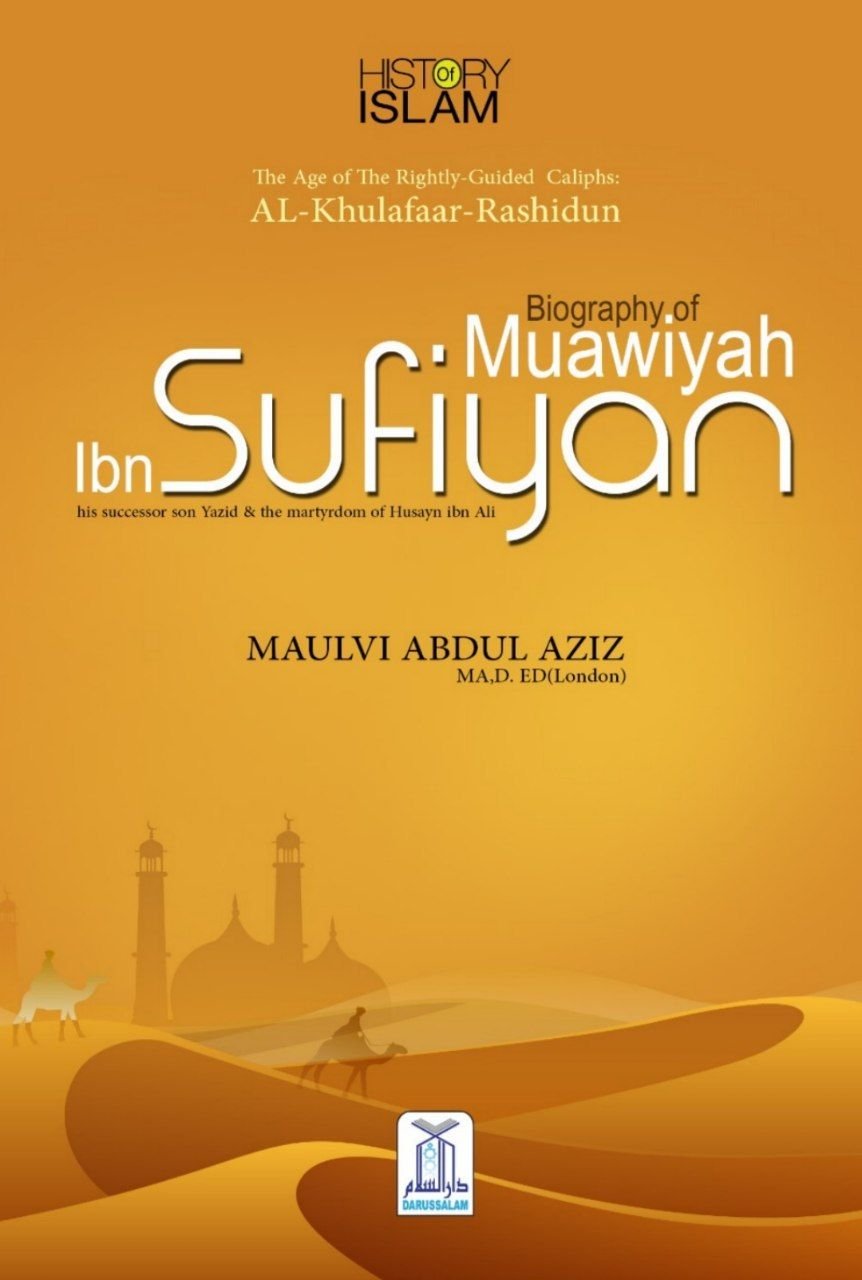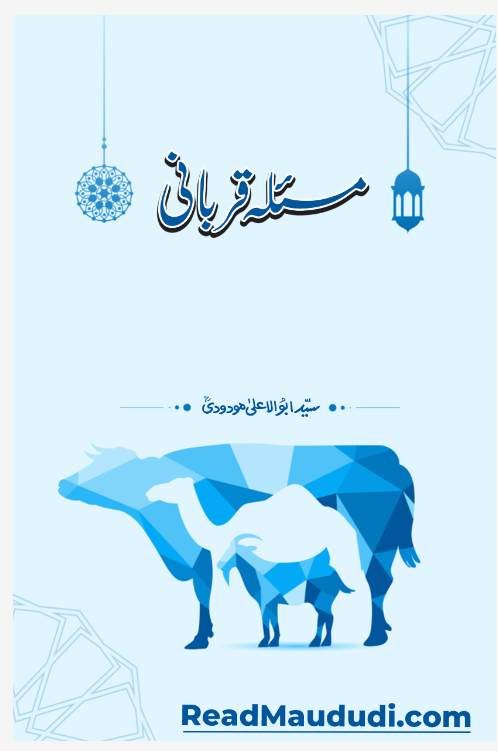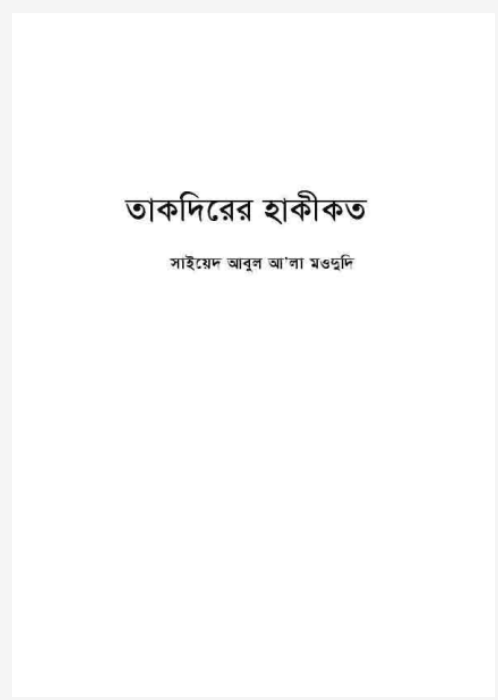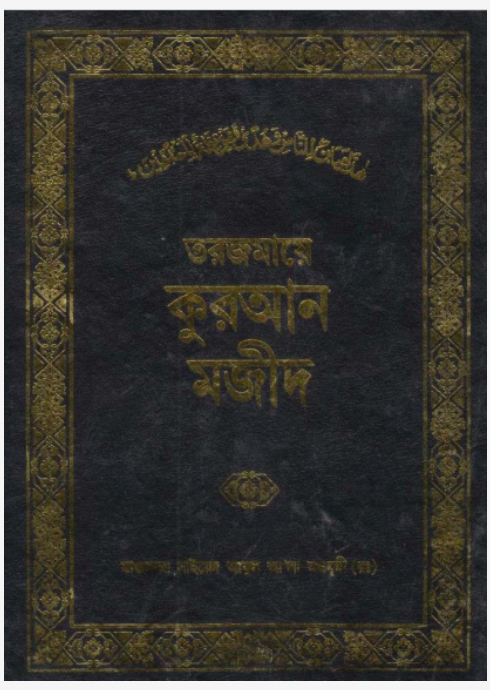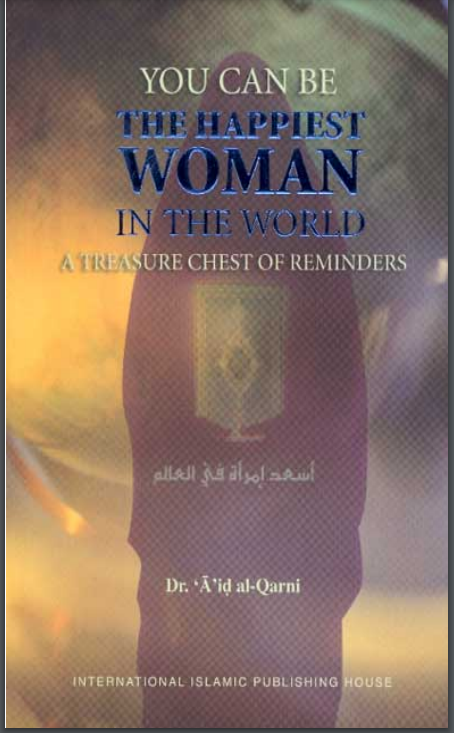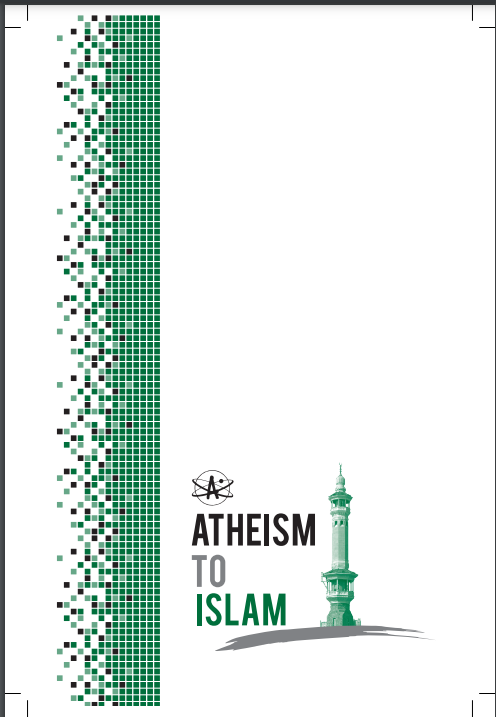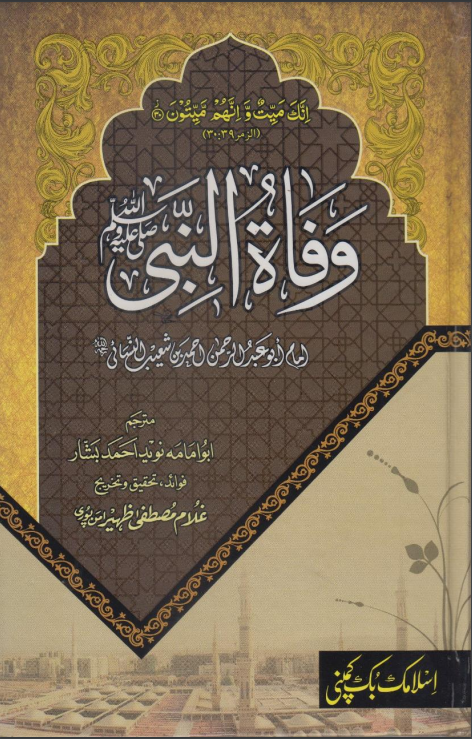
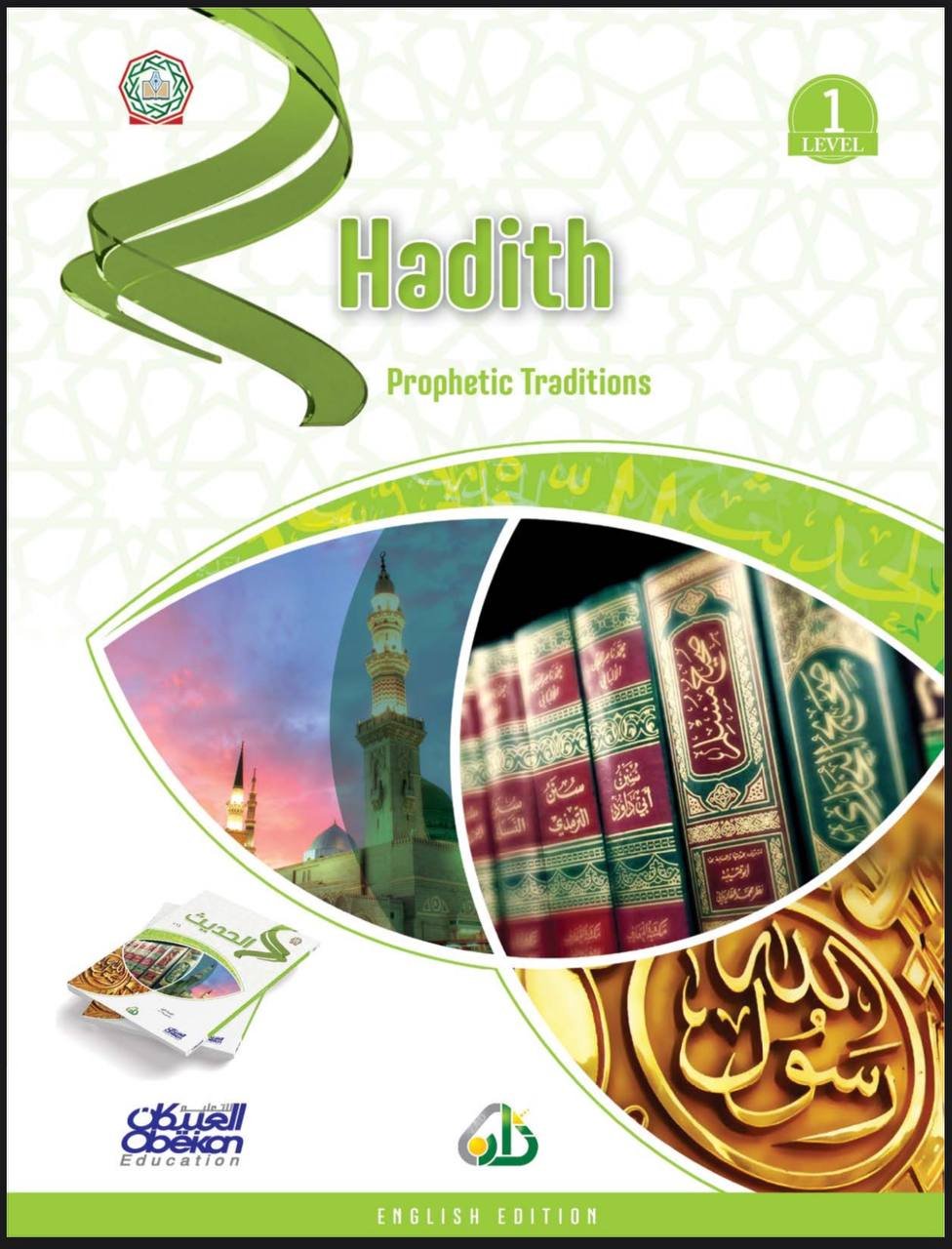
Hadith - Level 1 by Zad Academy
Reviews
No review yet. Be the first to review this book!
Description
is an introductory course designed to provide students with a foundational understanding of Hadith – the sayings, actions, and approvals of the Prophet Muhammad (PBUH). The course covers the importance of Hadith in Islam, its methodology, classification, and role in understanding Islamic teachings alongside the Qur'an. Key Focus Areas of Zad Academy - Level 1 - Hadith: Introduction to Hadith: Hadith is the second primary source of guidance in Islam, after the Qur'an. It contains the sayings, actions, and approvals of the Prophet Muhammad (PBUH) and serves as a practical guide for Muslims in all aspects of life. The course begins with an introduction to the importance of Hadith and how it complements the teachings of the Qur'an in shaping the beliefs, practices, and ethics of Muslims. Students will learn about the role of Hadith in Islamic law (Fiqh), theology (Aqidah), and spirituality (Tazkiyah). The Compilation of Hadith: The course covers the history and process of how Hadith were collected and preserved, from the time of the Prophet Muhammad (PBUH) through to the compilation of major Hadith collections. Topics include the challenges faced in preserving Hadith, the roles of the companions (Sahabah) and early scholars, and how the science of Hadith emerged to ensure the authenticity of narrations. The significance of the Sahabah in transmitting Hadith and their commitment to preserving the teachings of the Prophet will be emphasized. Hadith Terminology: Students will be introduced to key Hadith terms such as Isnad (chain of narration), Matn (text of the Hadith), Sahih (authentic), Da'if (weak), Hasan (good), and Mawdu' (fabricated). The different levels of authenticity in Hadith will be discussed, and students will learn how scholars classify Hadith based on their reliability. The importance of a trustworthy chain of narrators (Isnad) and the significance of the Matn (content) will be explained. Types of Hadith: Sahih: Authentic Hadith, considered to be of the highest level of reliability. Hasan: Good Hadith, which are reliable but may have some minor issues in the chain of narration. Da'if: Weak Hadith, where the chain of narrators has issues that affect its reliability. Mawdu': Fabricated Hadith, which are not trustworthy and are falsely attributed to the Prophet Muhammad (PBUH). Qudsi: Hadith that report words or actions of Allah revealed to the Prophet Muhammad (PBUH), distinct from the Qur'an. Mutawatir: Hadith that have been transmitted by so many narrators that it is beyond doubt in authenticity. The Importance of Hadith: Hadith provides explanations, details, and clarification for many Qur'anic verses, as well as offering guidance on the Sunnah (way of life) of the Prophet Muhammad (PBUH). It serves as a source of law, guidance, ethics, and conduct for Muslims. Without Hadith, many aspects of Islamic worship, such as prayer, fasting, and Zakat, would be difficult to practice properly. The Sunnah (the actions and teachings of the Prophet Muhammad, as preserved in Hadith) is an essential guide for Muslims seeking to emulate the Prophet's example. The Role of Hadith in Islamic Jurisprudence (Fiqh): Hadith is the basis for much of Fiqh (Islamic law), with scholars deriving legal rulings from the sayings and actions of the Prophet Muhammad (PBUH). The course explores the relationship between the Qur'an and Hadith in establishing rulings, with emphasis on the complementary nature of both sources. Students will also learn about the importance of Hadith in various schools of Islamic jurisprudence (Hanafi, Maliki, Shafi'i, Hanbali) and how each school uses Hadith to derive legal rulings. The Science of Hadith: The course will cover the science of Hadith (Ilm al-Hadith), which is the study of how Hadith is classified, authenticated, and understood. Students will learn about the major scholars of Hadith, such as Imam Bukhari, Imam Muslim, Imam Abu Dawood, Imam Tirmidhi, and Imam an-Nasa’i, and how they contributed to preserving and classifying Hadith. The course will explain the methodology used by scholars in verifying the authenticity of Hadith, including principles like Mutaba’at (conformity) and Shawahid (supporting evidence). The Four Major Collections of Hadith: The four most important Hadith collections, known as the Sahih Sittah (The Six Authentic Books), will be covered in the course. These include the works of Imam Bukhari (Sahih al-Bukhari), Imam Muslim (Sahih Muslim), Imam Abu Dawood (Sunan Abu Dawood), Imam Tirmidhi (Jami` at-Tirmidhi), Imam an-Nasa’i (Sunan an-Nasa’i), and Imam Ibn Majah (Sunan Ibn Majah). Students will learn about the significance and unique features of each collection and their contribution to Islamic knowledge. Understanding the Teachings of the Prophet Muhammad (PBUH): Hadith offers insight into the character and behavior of the Prophet Muhammad (PBUH). Students will explore how the Hadith demonstrates his virtues, patience, wisdom, and leadership. The teachings of the Prophet in Hadith provide a model for Muslims to follow, offering practical advice on personal development, spirituality, and social interactions. Practical Application of Hadith: The course will emphasize the importance of applying the teachings of Hadith in everyday life. Students will be guided on how to live in accordance with the Sunnah of the Prophet Muhammad (PBUH). Topics covered include prayer, honesty, family life, patience, charity, and ethical conduct. Key Themes and Lessons: Preservation and Authenticity: Understanding how Hadith were preserved, authenticated, and classified into categories based on reliability. Ethical and Spiritual Guidance: The teachings of the Prophet Muhammad (PBUH) offer guidance for spiritual growth, good character, and positive social relationships. Legal Rulings and Practices: How Hadith provides the legal framework for worship and day-to-day practices in Islam. Importance of Correct Understanding: Emphasizing the need for careful study and interpretation of Hadith in the context of the Qur'an and the overall teachings of Islam. Conclusion: Zad Academy - Level 1 - Hadith serves as an essential foundation for students to understand the importance of Hadith, its compilation, its authenticity, and its practical application in everyday life. This course equips students with the knowledge they need to approach Hadith with respect, critical thinking, and a desire to emulate the example of the Prophet Muhammad (PBUH).






















.jpeg)
.jpeg)






.jpeg)

.jpg)





.jpg)













.jpg)

.jpg)


.jpg)




.jpg)
.jpeg)





.jpg)





.jpg)

.jpeg)







.png)



















